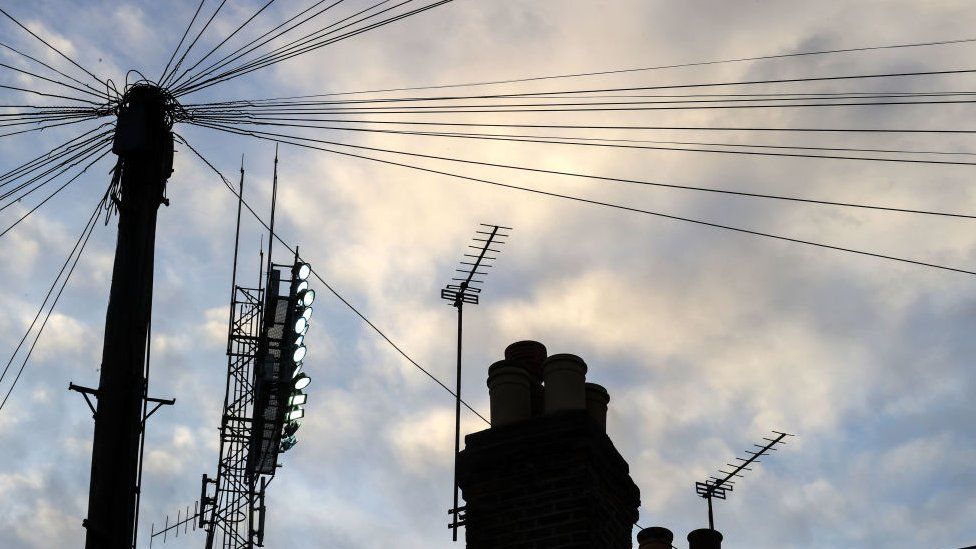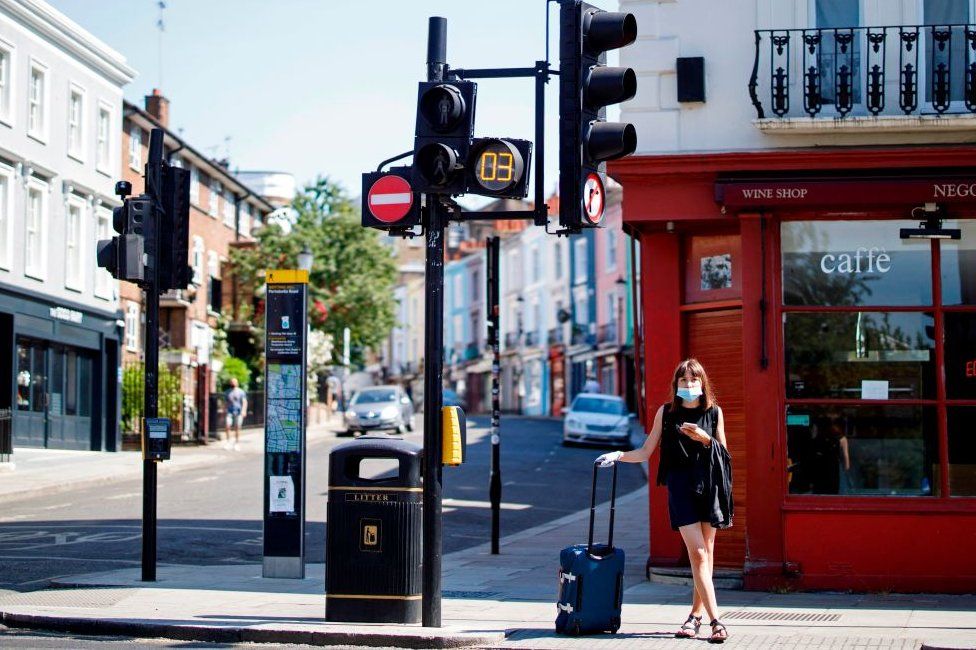The technology that currently powers landline telephones is to be switched off in 2025 – but don’t panic, you will still be able to have a handset in the hallway should you wish.
The Public Switched Telephone Network (PSTN) is a modern version of 19th Century technology – it is what brings the connection into your home via a copper cable – but its days are numbered, according to Openreach, which has already begun work on the switchover.
Landline operators in the UK will switch every home phone in the UK to an internet-based connection instead of traditional, copper-wire landlines. A total of 14 million lines are affected.
Here is what we know about how it will all work.
What’s happening to the old landline network?
PSTNs around the world have been modernised many times but still work on the same principle – establishing direct connections between telephones via an intermediary exchange.

Initially, PSTN copper cables also carried internet connections into people’s homes.
But this has increasingly been replaced by fibre-optic cable.
Internet communications also mean landlines themselves have become less popular.
And a survey, in April, suggested 40% of people in the UK had stopped using them altogether.
Telecoms companies also say old PSTN equipment is costly to maintain and call quality could be improved by routing landline calls via internet connections instead.
“The traditional analogue landline signal is carried over copper – that’s what it is,” James Barford, of Enders Analysis, says.
“And so if you go to fibre, you have to do something else and [voice over internet protocol (VOIP)] is the obvious thing.”
Old landline phones will still work after the network changes, however.
And unless moving to a different part of the country, most people will retain the same phone number.
Handsets will not need replacing either – existing phones will be connected to a different system behind the scenes.
But you may have to plug your phone in to your internet router or a new wall socket.
When will it happen?
Openreach, which manages the UK’s phone and internet network, has already begun switching people over to VOIP connections.
The company launched a trial in Mildenhall, Suffolk, earlier this year.
New landline customers there can purchase VOIP connections only.
And Openreach is planning hundreds of similar trials for exchanges in towns across the UK, this year and next.
Will I need an internet connection to use my landline phone?
Once the PSTN is completely switched off, if not before, you will be unable to make a phone call via a landline with no internet connection.
You will be able to use your existing broadband connection for landline services, however.
And if you have no broadband internet connection, you should, according to telecoms regulator Ofcom, be given the option to buy a simple connection for making calls only, rather than having to pay for high-speed services.
What if I cannot access a broadband connection in my area?
“Nobody will find themselves being cut off,” an Openreach representative says.
And you can continue using an existing analogue service unless upgrading or switching providers.
Ofcom says 2% of homes in the UK are unable to access a basic 10Mbps broadband connection.
But Ben Wood, of CCS Insight, says: “For the vast majority of people, the landline is now just an annoying tax they have to pay when they want internet access.”
Will internet-based calls be less reliable?
Many businesses have already had VOIP phone systems for some time.
And customers should not notice a drop in quality compared with the PSTN system, Mr Barford says.
“They should be at least as good, possibly better,” he says.
After the digital-TV switchover, some viewers noticed blockiness in their picture.
But voice calls require a relatively tiny amount of data.
And modern internet connections should be able to handle them well.
What if there is a power cut?
Old landline phones receive power via the line itself, which is separate to the household mains electricity supply, and often remain functional even during a power cut.
Internet-based phones, however, rely on home routers or similar devices.
Ofcom requires phone operators to come up with back-up solutions, though, to ensure people can call emergency services.
Virgin, for example, intends to offer battery-powered back-up lines to customers with accessibility needs or who cannot rely on a mobile phone during a power cut.
The battery provides 24 hours of standby and one hour of talk time.
And an engineer will install a small box in the customer’s home so they can connect.
Are traffic lights affected?

Besides landline phones, lots of systems currently rely on the PSTN, including:
- home burglar alarms and security systems
- public traffic lights
- cash machines
- railway signals
- motorway signs
And they will all have to switch to fully digital alternatives.
[Source: Internet revamp for the humble landline – BBC News – August 2021]